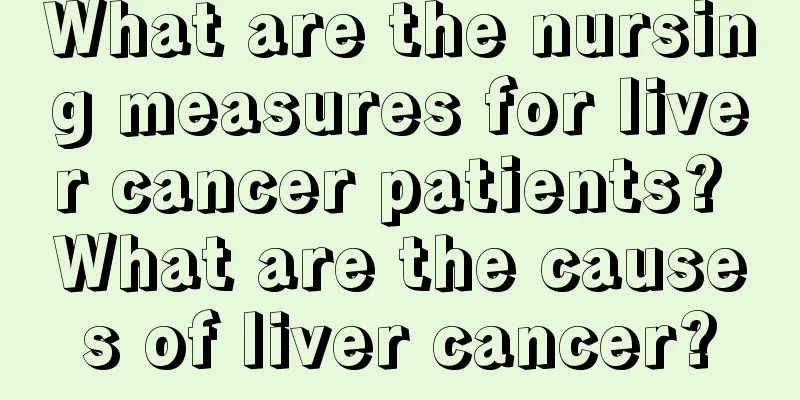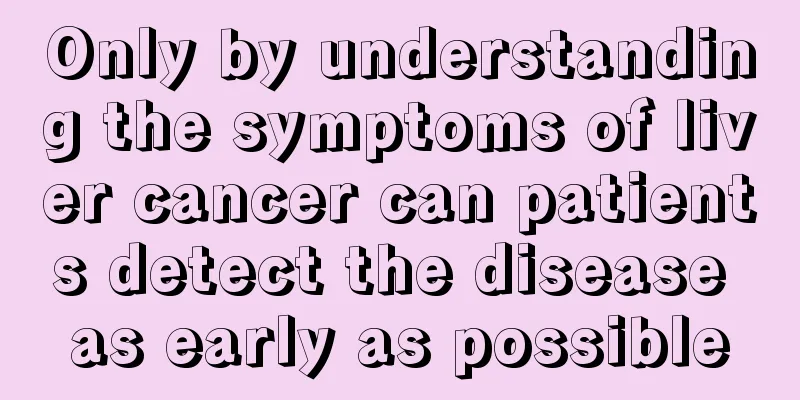Principles of brain memory

|
From childhood to adulthood, a lot of what we learn in school is a test of memory. Especially for students of liberal arts, memorizing books and reciting exams are commonplace. But some people also have a lot of troubles. Why can others memorize things very quickly and even remember everything they see, while it is extremely difficult for them to memorize things? In fact, this requires understanding the principles of brain memory. The brain is made up of several areas: gray matter, white matter, and cerebral cortex. Gray matter and white matter are the media for processing special nerve impulses in the brain, which will not be explained here; the cerebral cortex is formed by thousands of neurons through complex interconnections (the composition of neurons should have been learned in high school), and the cerebral cortex is the main area of the human brain that processes various information and instructions. According to functional areas, the cerebral cortex is divided into many parts, such as the visual processing center, language processing center, auditory processing center, tactile processing center, etc. Among them, the area responsible for memory activities is called the "hippocampus". The hippocampus is the area of the brain that helps humans process long-term learning and memory of events such as sound, light, and taste, and performs the so-called "narrative memory" function. In medicine, the "hippocampus" is an inward fold area of the cerebral cortex, forming an arched bulge around the "choroidal fissure" at the bottom of the "lateral ventricle". It is composed of two fan-shaped parts, which are sometimes collectively referred to as the hippocampal structure. In this area, the operating mechanism of memory is mainly: the synapses of nerve cells in the area are mainly responsible for storing memories, and the hippocampus acts as a conversion station in the process of memory. When neurons in the cerebral cortex receive various sensory or perceptual information, they transmit the information to the hippocampus. If the hippocampus responds, neurons begin to form lasting networks, but if the recognized pattern is not met, the experience disappears without a trace. Once the brain is stimulated and receives an instruction to retrieve long-term memory (as defined by Apple), the hippocampus will automatically filter the information instruction, and the area storing the information instruction will be connected, and then transmitted in the form of nerve impulses, and finally manifested in various forms of human activities. |
>>: Right middle cerebral artery stenosis
Recommend
Early symptoms of gastrointestinal cancer
The early symptoms of gastrointestinal cancer usu...
Extraskeletal Ewing sarcoma
Tumors may occur anywhere in the body, and the tr...
The scars left by chickenpox
Chickenpox is not unfamiliar to many people, and ...
What are the advantages and disadvantages of riding a bicycle
What are the benefits of riding a bicycle? What a...
This is what congenital glaucoma is all about
The medical term glaucoma appears very frequently...
3 Traditional Chinese Medicine Prescriptions for Dietary Therapy of Intestinal Cancer
Diet therapy can not only relieve the patient'...
Ankle fracture recovery, pain and swelling when walking
Our ankle bones are very fragile, so sometimes be...
Compendium of Materia Medica: folk remedies for treating stomach cancer
The history of urine therapy for treating gastric...
What are the symptoms of allergic rhinitis and conjunctivitis
The nose and eyes are generally the parts that pe...
What should I do if my hands feel spicy after chopping chili peppers?
Chili pepper is a very common ingredient. It can ...
A better hospital for treating bile duct cancer
Cancer is a terrifying disease. As we all know, c...
What are the symptoms of stomach cancer
Most patients with early gastric cancer have no o...
The most important early symptoms of nasopharyngeal cancer
Among the many cancer diseases, nasopharyngeal ca...
Red bags under the eyes
When people lack sleep, or smoke or drink, it is ...
What are the reasons for low hcg
Pregnancy check-ups every month after pregnancy c...









